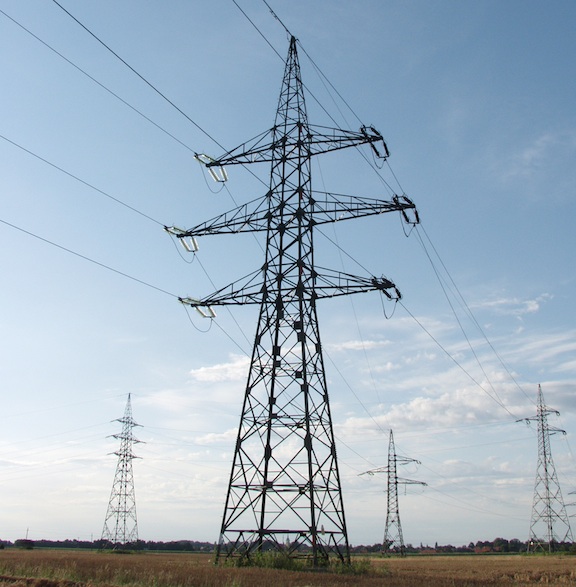How can public- and private-sector institutions better coordinate to respond to large-scale disasters? The Center for Catastrophic Risk Management (CCRM) is dedicated to advancing interdisciplinary solutions to avoid and mitigate the impacts of catastrophic events. Among the CCRM's signature initiatives is the Resilient and Sustainable Infrastructure Networks (RESIN) project, which was launched in 2008 with a mandate to develop new approaches to improve resilience and sustainability in critical infrastructure systems.
The Center for Catastrophic Risk Management (CCRM) brings together a group of internationally recognized experts in the fields of engineering, social science, medicine, public health, public policy, and law, all of whom share an interest in advancing interdisciplinary solutions to avoid and mitigate catastrophic events. The CCRM was established following Hurricane Katrina, when mismanagement and inadequate risk analysis led to tragic consequences. The members of CCRM present seminars, perform analyses, and conduct focused research to assist industries and organizations in implementing their own improvements in safety, economy, and efficiency.
Among the CCRM's signature initiatives is the Resilient and Sustainable Infrastructure Networks project (RESIN), which was launched in 2008 with a mandate to develop new approaches to improve resilience and sustainability in interdependent, interconnected, interactive critical infrastructure systems (I3CIS). The initiative is directed by Robert Bea, Professor Emeritus in the Department of Civil and Environmental Engineering. A key goal of this project is to look beyond resilience as a question of engineering, by integrating complementary ideas from the social, political, and legal sciences.
